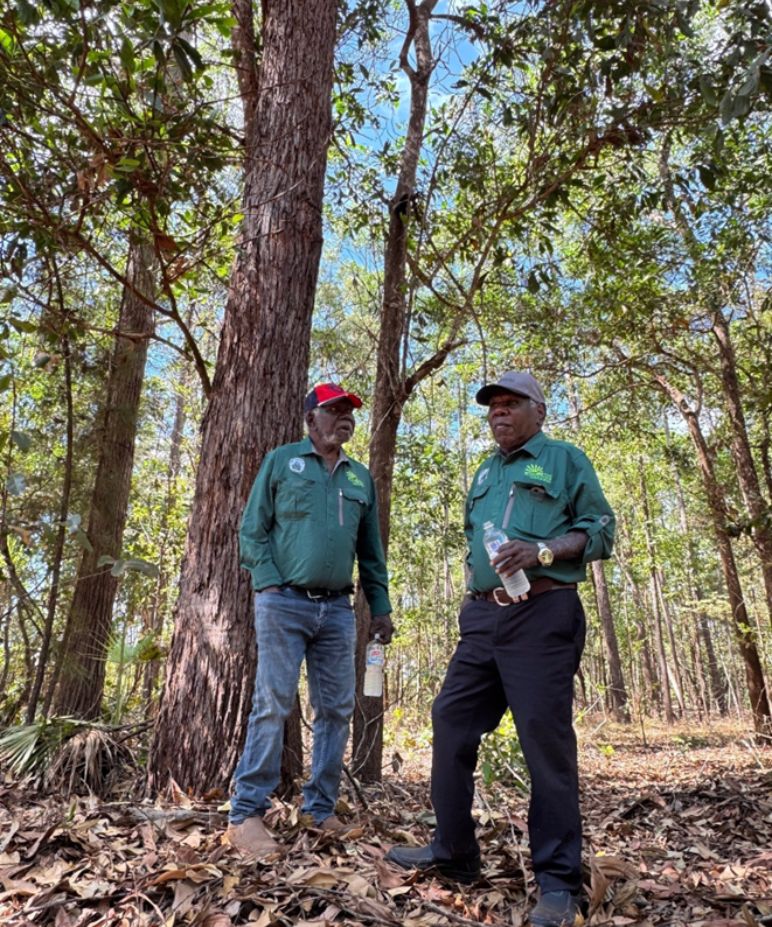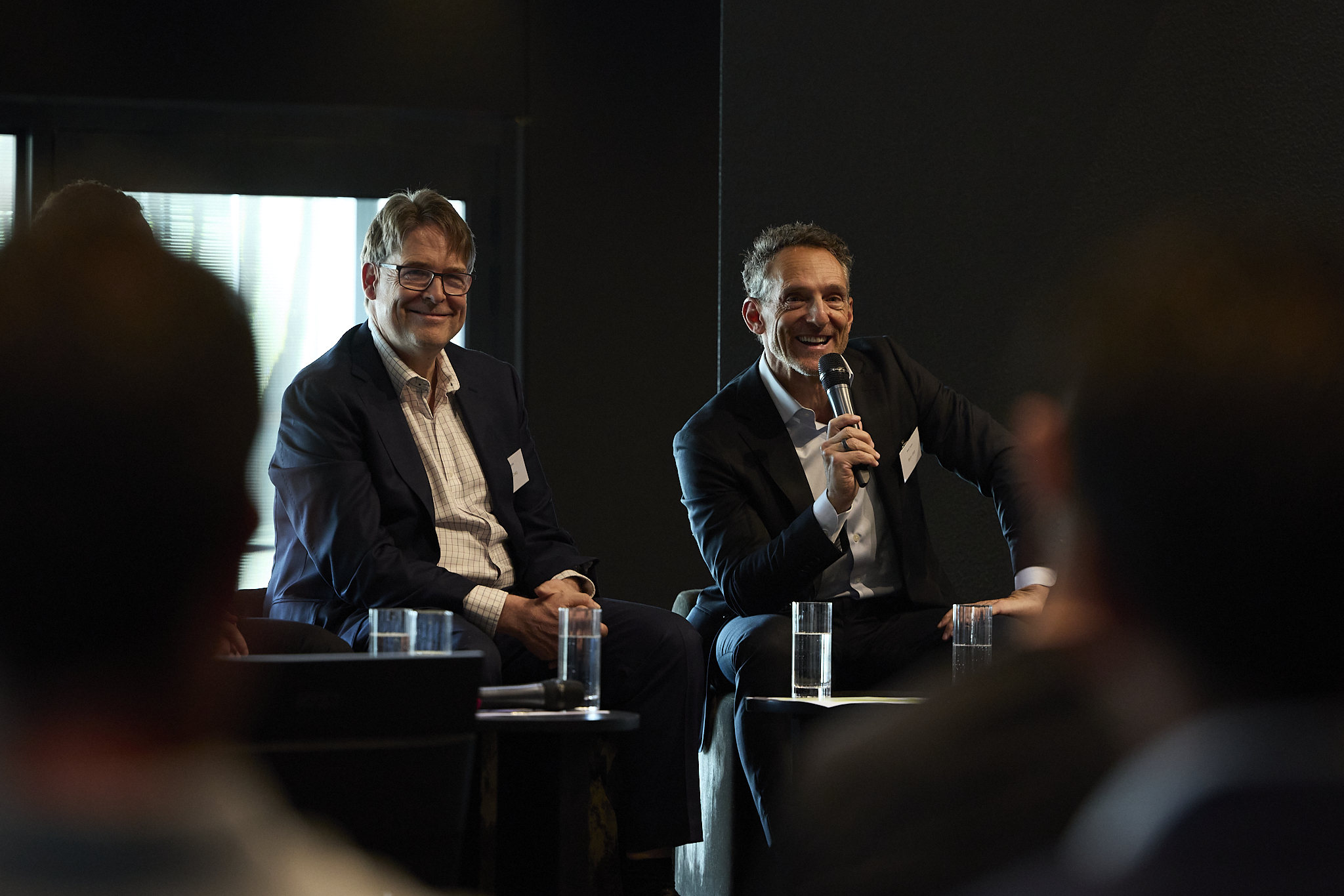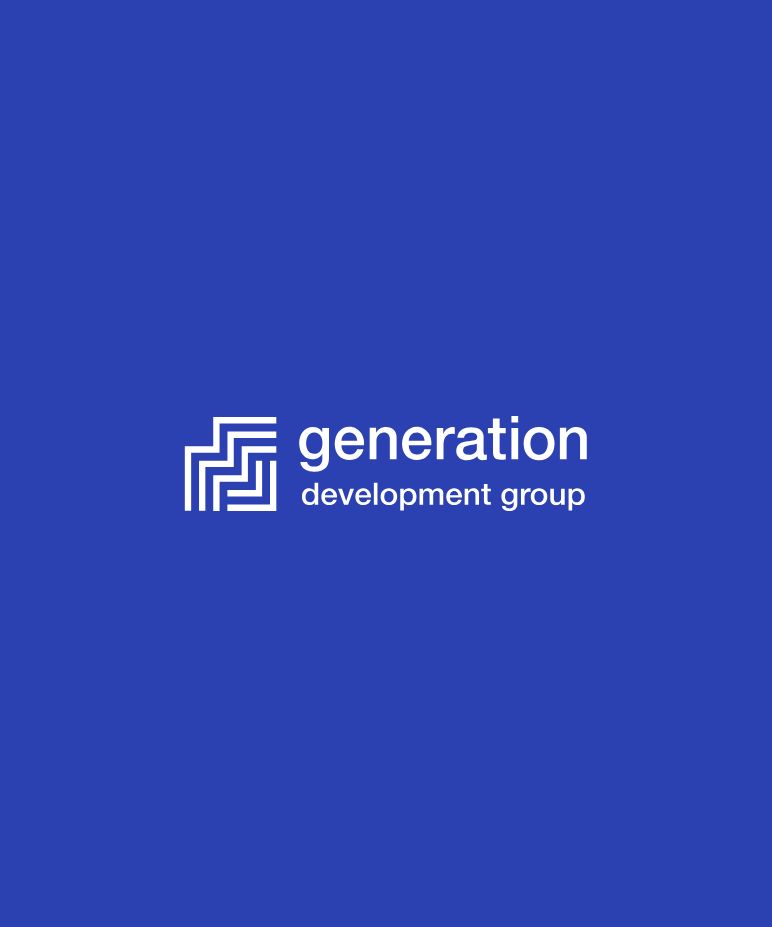Driving Returns As An Activist Shareholder
Pacific Current Group (PAC) owns minority equity interests in a portfolio of global investment managers, generating income from a share in the management and performance fees earned on their funds under management (FUM).
Our Investment Committee had followed PAC for many years and was always attracted to its high-quality business model, which benefits from infrastructure-like, contracted, annuity cashflow streams that come from fees charged on closed-end vehicles with long fund lives.
In mid-2022, we first started acquiring shares at approximately $7.50 per share, based on the belief that the company was trading at a deep discount to its reported asset value (approximately $10.50) and our view of value (approximately $15).
There were many reasons for this discount to asset value. The business was complex and hard for public market investors to understand, with limited disclosure of underlying asset performance. It was illiquid and not well covered by analysts in the market. It had a high corporate cost base that reduced its group earnings and, therefore, the capitalised value of those earnings. Additionally, it had no track record of realising investments and returning capital to shareholders, who were sceptical of the company’s reported asset values.
From our perspective, given that these issues were all structural and did not speak to the inherent quality of the business and its assets, this presented a compelling opportunity to drive returns through taking an activist shareholder position.
Hence, we acquired a 20% stake in the company (the maximum possible before launching a takeover) and pushed the Board to improve disclosure, reduce corporate costs, and realise value. Meanwhile, we dove deeper and deeper into our due diligence, intimately understanding each of the underlying portfolio assets and speaking to all the market participants overseas. Ultimately, the Board decided to run a strategic review process to sell the company.
Our diligence had made us increasingly convicted about the investment, so we decided to bid for the company in a JV structure with Regal Partners. The Board failed to engage with our bid; however, the strategic review process uncovered offers of up to approximately $12 per share, much higher than our entry, but not high enough for us to accept as a shareholder.
The strategic review process was formally ended, and we pushed the Board to explore other ways to create value, including the sale of assets and the buyback of company shares. Pleasingly, this strategy was successful, with the company selling a number of assets above book value and achieving shareholder support to use the proceeds for a $300m buyback at $12 per share. This is a significant increase from our entry price and should continue as the Board continues to pursue our strategy of value realisation.





.png)








